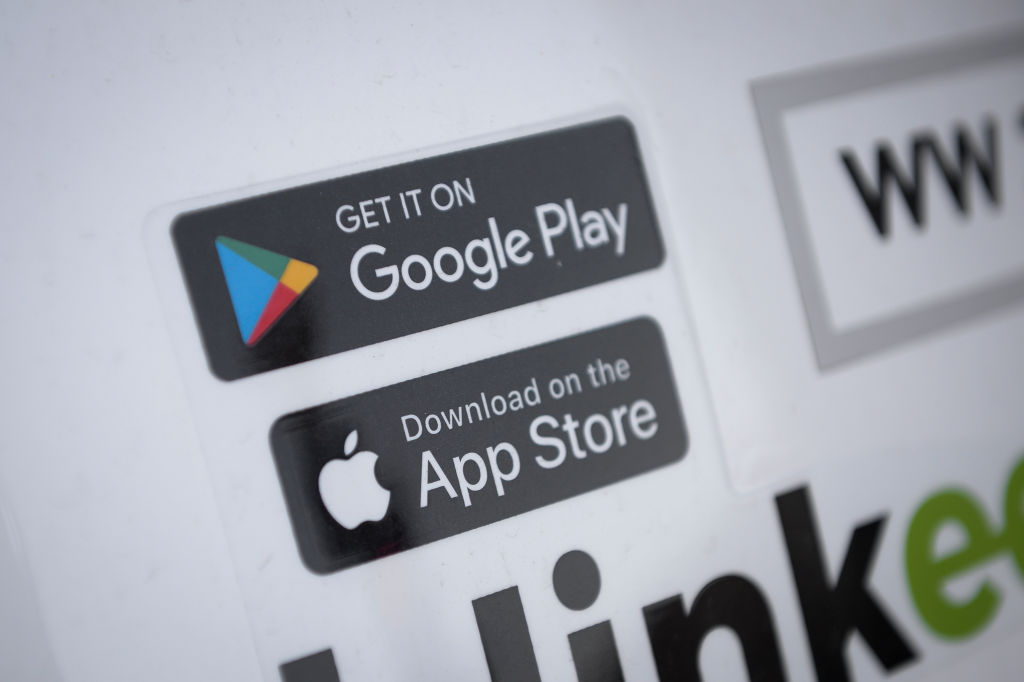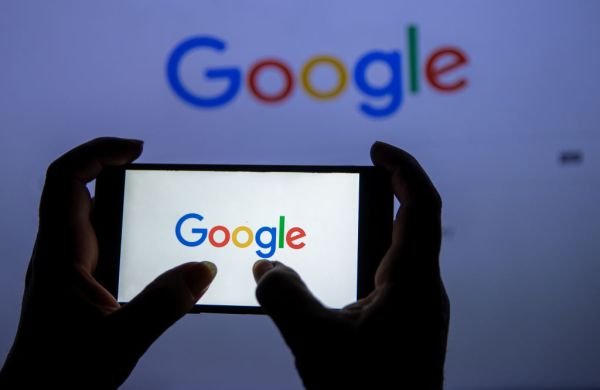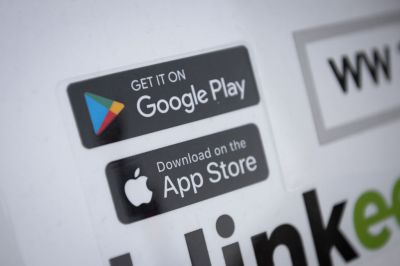In 1996, a court split over platform liability for content moderation resulted in the creation of Section 230, which protected online platforms’ rights to moderate content without the risk of liability for that content.
Nearly three decades later, Congress is presented with a similar opportunity, but this time regarding the level of restrictions that platforms place on third parties, known as platform openness. Apple and Google both take different approaches to openness, with Apple being a famously “closed garden” and Google being a much more open platform—for example, the company allows users to install apps without using its app store. Like lawmakers used Section 230 to protect a platform’s ability to experiment with different content moderation regimes, they should also act to protect a platform’s ability to experiment with different levels of openness.
Questions involving online speech, and specifically what levels of liability for that speech should be imposed, prompted the debates that ultimately provided the framework for speech liability today.
In 1990, Cubby v. CompuServe established that platforms were not liable for content they hosted and that they would have needed “first-hand knowledge” before such liability could be imposed. However, in 1995, a separate court ruled in Stratton Oakmont v. Prodigy Services that the platform Prodigy could be held liable for comments since the company monitored posted content.
Combined, these court cases created what one congressman characterized as a “perverse incentive” against any form of content moderation. Congress stepped in and created Section 230 to establish protections for online platforms that engaged in moderation, even if those efforts were imperfect. Section 230 offers clarity as to who is responsible for specific online speech by stating that “no provider or user of an interactive computer service shall be treated as the publisher or speaker of any information provided by another information content provider.” The result protected companies in their efforts to extend control over their platforms, which strengthened individual liberty and personal liability.
For modern users of social media and digital content, this means that only the users of a platform, not the platform itself, are liable for what they post online. In other words, Elon Musk is legally responsible for what he posts on X, not because he owns X, but because he is the one engaging in speech.
While Section 230 has become the target of a slew of criticism, the law has helped facilitate the massive exchange of information and ideas online. Such an exchange would likely be impossible if platforms like X were responsible for each of the 500 million tweets sent each day.
Similar circumstances that brought about Section 230 are occurring today, this time regarding platform openness. Two lawsuits, with differing legal outcomes, have created an imperative for congressional action.
Epic Games filed antitrust lawsuits against both Apple and Google in 2020 for practices that govern each platform’s app stores and payment processing methods. Epic largely lost its complaint against Apple when Judge Yvonne Gonzalez Rogers ruled that Apple was not an illegal monopoly and didn’t have to allow alternative app or payment systems on its platform. In the Google lawsuit, a jury found against the company, and a judge ordered Google to open its app store. Meanwhile, Apple is not facing the same requirements.
Given that the Google lawsuit was determined by a jury rather than a judge, the court document doesn’t list specific reasons for why the jury arrived at its decision. While the reasoning would be helpful for added clarity, it doesn’t undermine the competing enforcement decisions at issue, decisions Section 230 helped resolve.
Like content moderation, there isn’t a uniform level of openness that would address every concern. There are simultaneous calls for both more and less content moderation, and the consumer divide between Apple and Google’s Android demonstrates different preferences for openness as well. Marketplace competition and platform flexibility are ultimately the best ways to address differing consumer demands.
Stronger actions against Google relative to Apple disincentivizes openness, and stand in stark contrast to what Epic and other proponents of openness want to achieve.
According to Epic CEO Tim Sweeney, one of the key differences in the cases against Apple and Google is that Apple doesn’t “do deals with developers and carriers to shut down competition, they just simply block at the technical level.” This makes demonstrating anticompetitive practices easier in the sense that there is actual conduct to discuss rather than a uniform policy.
This creates a perverse incentive against openness.
At the core of these two lawsuits is Epic’s desire to force major platforms to host its content in the form of payment systems and competing app stores. Epic isn’t the only proponent of such a system. Organizations such as Public Knowledge and the Electronic Frontier Foundation, to name a few, believe that open platforms will allow more competition and consumer choice in the marketplace. Just like phones running on Verizon and AT&T can communicate with each other, proponents argue that users should be able to communicate seamlessly across platforms. For example, a user on Facebook should be able to direct message a friend on X without either user having to switch platforms. Anyone who suffers from app fatigue and desperately tries to avoid another download can likely see the benefits of such a system.
However, as shown through demonstrated consumer preferences and the resulting popularity of Apple, closed systems also yield benefits. Apple’s branding is a vital part of the brand’s identity and there is a certain aesthetic benefit to having products like watches, laptops, phones, tablets, and even TVs coordinated in a visually appealing fashion.
Beyond appearances, the integration across Apple products makes their use and the addition of new devices seamless. Vertical control also contributes to Apple’s reputation for strong security. NordVPN lists Apple as a safer system than Android in part due to its integrated and controlled ecosystem, which offers fewer points of vulnerability compared to Android.
The reality is that consumers have different preferences, as shown by the strong competition between Android and Apple. Pushing the digital ecosystem toward a monolithic system on either extreme won’t maximize consumer welfare or respect consumer choice.
Section 230 allows platforms to experiment and find the best moderation system for their audiences, although as shown with X this doesn’t occur perfectly. Companies should also have the flexibility to experiment and find a level of openness that works best for their consumers.
The 26 words of Section 230 have formed the backbone of our digital platform ecosystem and avoided a system where platforms were punished for trying to curate user experience. Today, platforms are facing contradictory court decisions that could impact how platforms develop and serve consumers moving forward. While Section 230 offered the needed flexibility to experiment with content moderation, platforms need a similar structure that allows them to design and control their ecosystems to best serve consumers.






Please note that we at The Dispatch hold ourselves, our work, and our commenters to a higher standard than other places on the internet. We welcome comments that foster genuine debate or discussion—including comments critical of us or our work—but responses that include ad hominem attacks on fellow Dispatch members or are intended to stoke fear and anger may be moderated.
With your membership, you only have the ability to comment on The Morning Dispatch articles. Consider upgrading to join the conversation everywhere.